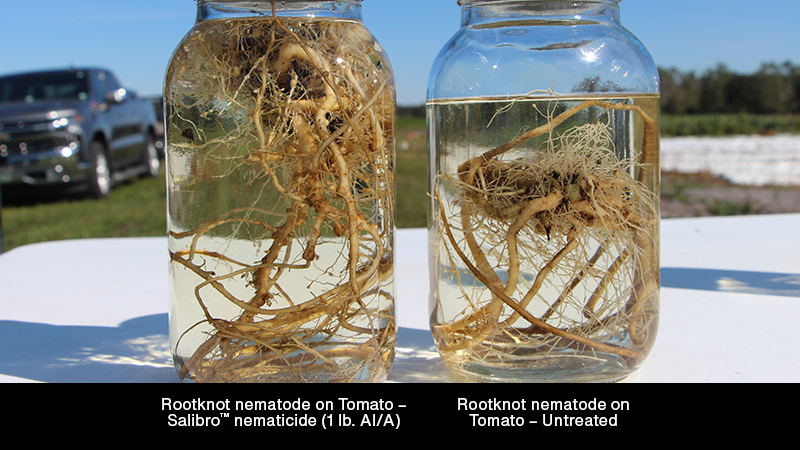Dishing On Food Safety
As we reported on the food safety bill while it worked its way through the Senate and House, GrowingProduce.com readers didn’t hesitate to share their thoughts and opinions about the legislation. Check out just some of the comments readers left, as well as their questions about the Food Safety Modernization Act:
“With all the audits and inspection fees to be assessed against fruit and vegetable farms, the price of production will have to be placed on consumers. It would have been more effective to spend this money on teaching consumers how to prepare and cook their food versus heading down the road where sneeze/bird poop guards will have to be installed around each plant as a good agricultural practice. Let’s not fool ourselves about foreign food safety in this bill. NAFTA and other trade treaties make this bill ineffective. The only ones getting kicked in the butt are American farmers.”
“There was clearly a need to do something to improve food safety. Given the number of recalls in the last few years, industry was clearly failing at policing itself, and the upshot was that the federal government got involved.
Was this the best bill? I doubt it. The big question is whether improved food safety measures will improve consumer confidence. If it does, and people in this country recognize that American farmers are committed to providing a safe product, we should all win.”
“Repeal it. Letting growers write a bill will solve the problem. The no-count Congress has no idea of the problems they make rather than solve, and then have to waste time to fix.”
“With current procedures in place, such as third party audits, GAP, etc., don’t you think the grocers need accountability? I visit a grocery store and see beautiful (not always) produce thrown into bins, left for the public’s selection without barriers to keep the wet sneezes, coughs, dirty hands, and other disease transmission possibilities barricaded. Produce can leave the grower in excellent, safe condition, and contamination occurs at the display for purchase.
The burden should not be exclusive on the grower. Retailers need accountability, too.”
“Without the [Tester] exception, the small direct marketing segment of the food chain would cease to exist. All of the growers at the local markets where I sell are one man or husband-and-wife operations (many are retirees) that basically sell out of their large home gardens. Our niche is the people that want home garden taste and freshness. Big difference between us and the United Fresh people.”
“I know there is a great deal of conversation regarding the food laws and putting smaller farmers on a tight rope. Well I am sorry — big or small they need to be held accountable for their actions. If you provide any sort of food product, you need to follow the guidelines.”
“The problem with exempting small farms from following GAPs is that if there is an outbreak caused by one of these small farms, the media attention affects every producer of that commodity. The small farm will not be the one to spend the dollars to get the public trust back, it will be put on the back of the large commercial operations. The cost of following GAPs is not nearly as costly as the economic damage to the industry from such an outbreak, no matter how small. Let’s tell the truth, the small farm just doesn’t want to do the paperwork, because it is time-consuming, not costly. The requirements of GAPs are practices that should be implemented whether you are a small farm or large commercial operation. It is the only way to assure as safe a product as possible.”
“I am a small market farmer. It does not necessarily take much money to make sure our products are safe. It takes good sense, good practices, and good handling. Ask your mother. Food safety is a matter of knowing how to handle food. As a farmer, I am constantly aware of the safety of the food that I produce for myself and my customers, or I will not have any more customers.”









